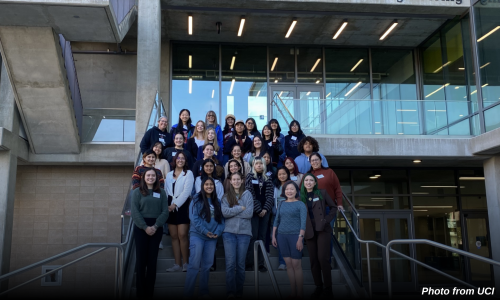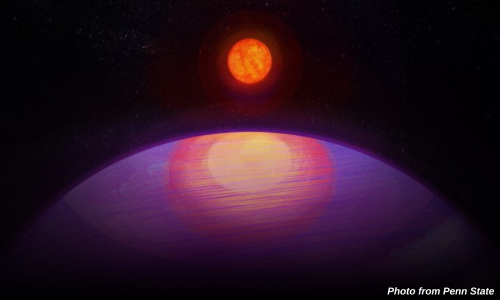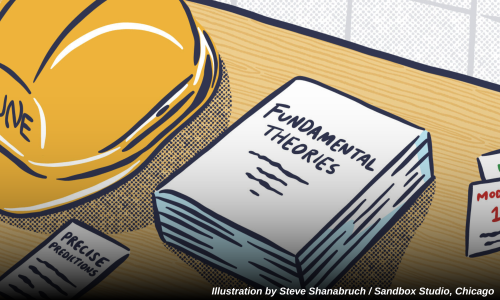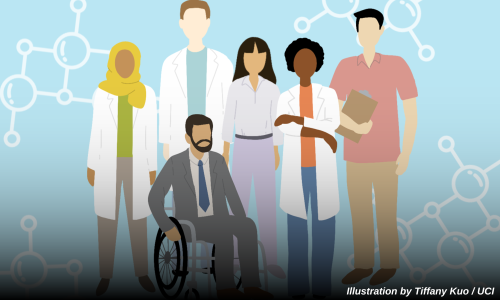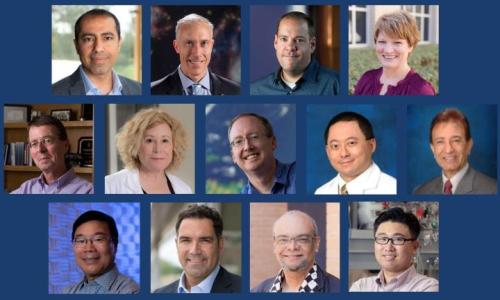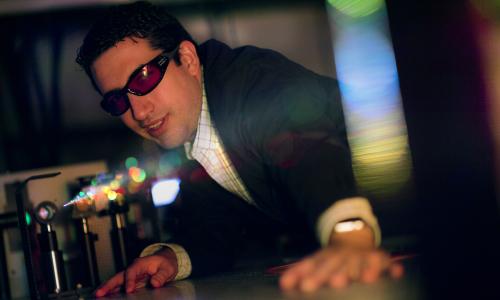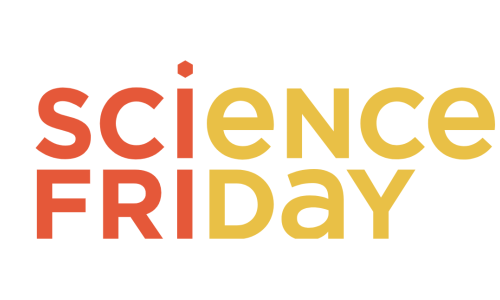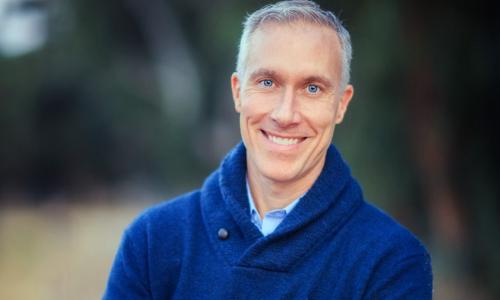Physics & Astronomy
Dec 22, 2023
The conference saw Orange County high schoolers visit UCI Physical Sciences to learn about STEM fields.
Dec 1, 2023
UCI astronomer says the discovery scrambles solar system models.
Nov 21, 2023
Phenomenologists must make precise predictions for what they expect DUNE data to look like. Source: Symmetry Magazine
Nov 20, 2023
New study cites the success of programs like Cal-Bridge in the UCI Department of Physics & Astronomy.
Nov 17, 2023
Clarivate designation includes those who have ‘demonstrated significant and broad influence in their field.’
Nov 7, 2023
The NSF-funded effort would help the U.S. to reclaim lead in laser technology.
Oct 30, 2023
The prize honors the development of technology that can capture photos of electrons.
Oct 24, 2023
The prize honors decades of work contributing to the history of physics and astronomy.
Oct 24, 2023
The grant will help Krivorotov and collaborators expand probabilistic computing research via materials discovery.
Oct 23, 2023
Listen to Professor Aomawa Shields on NPR's Science Friday.
Oct 19, 2023
The honor recognizes field-defining work, including original research and instruction, to unravel the mysteries of dark matter.
Oct 17, 2023
The scientist and professor talks to Shondaland about embracing diverse interests and believing in yourself.

